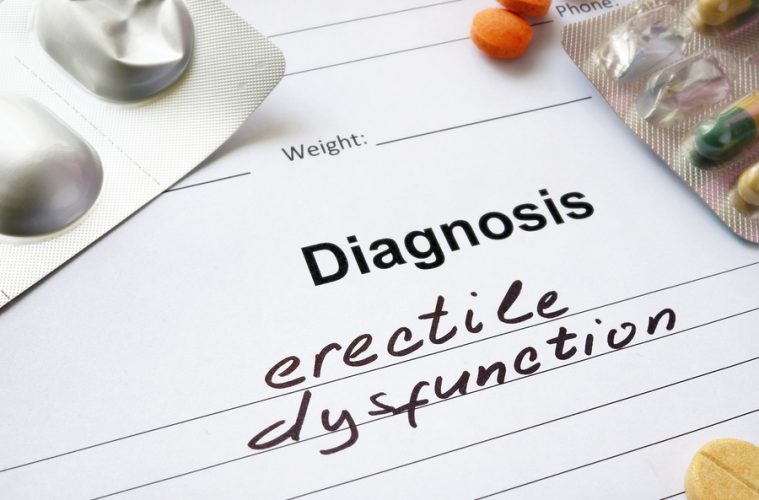No one wants to admit they have erectile dysfunction, but studies show that over 30 million men in America alone suffer some form of it. There’s a lot of stigma against erectile dysfunction. That’s why it’s important to talk about, to your doctor, your partner and also yourself.
One of the biggest problems with erectile dysfunction is the huge amount of misinformation people have on it. Despite it being a fairly common medical condition that most men will experience at least once in their life, we don’t like to talk about it.
This aversion to the problem causes misinformation, and many men don’t seek treatment. The fact is erectile dysfunction is almost always treatable. There are also many causes for ED. Often it’s a combination of causes that are easy to deal with.
What is erectile dysfunction?
Erectile dysfunction is the inability to get or sustain an erection firm enough for sexual intercourse.
Causes for ED include, but are not limited to:
- cardiovascular disease
- diabetes
- damage from cancer or surgery
- injuries
- stress
- anxiety
- relationship problems
- drug use
- alcohol use
- smoking
Often it can be a combination of reasons that build up. The type of treatment that you need for ED will depend on the underlying reason causing it. This can be anything from counselling, to prescribed medication, or surgery.
Erectile dysfunction is a medical issue. It is not a sign of your masculinity or the lack of it. It’s something that you can, and should, talk to your doctor about. Many people believe it only affects older men, however it can affect men of all ages.
To treat ED, you need to speak to your doctor. Living a healthy and active lifestyle decreases your chances of getting ED. It also increases your chances of curing it. But don’t believe it’s all you might need to do. Or that you’re failing somehow if you need to ask for more help.
How to tell your partner
It’s very important to tell your partner if you are suffering from erectile dysfunction. It’s likely that ED has already affected your relationship in some form or another and that your partner already has an inkling.
You might be scared that talking about it will hurt your pride, however that’s not true. Both you and your partner should be open with each other, especially in matters concerning intimacy. Pride shouldn’t play a factor, as ED does not make you less of a man, or weak.
To tell your partner you need to first find an appropriate time and place. It should be somewhere private and comfortable. A sofa works well, so that you can sit close to your partner. Avoid the bedroom as you don’t want to associate those connotations in your talk.
Be ready to tell your partner your emotional feelings. It’s ok to admit it’s an embarrassing topic. Make sure your partner understands you trust them a lot to be able to confide in them.
The key thing to telling your partner about erectile dysfunction is to make sure they understand the fact. Explain exactly what ED is, how it affects you, how it affects your relationship and options for treating it.
It’s definitely ok to tell her how having ED makes you feel. You can tell your partner about your insecurities from ED, and talking about it will make things a lot better.
Make sure you don’t blame yourself, or your partner, for the erectile dysfunction. It can be easy to say “I’ve been very stressed lately, causing me increased anxiety which is on of the common reasons for erectile dysfunction.” instead of, “You’ve been causing me a lot of stress which has caused this!”
Taking the next step
Finally reassure each other that the problem isn’t as big as it might feel. You can work out whether you want to look at treatments together, or by yourself. Keep communications open on the topic, and let your partner ask you any questions or voice any of their concerns.
You might need to also reassure your partner that it’s not their fault. For instance, sometimes a woman might think “it’s because I’m not attractive enough” when really that has nothing to do with the cause.
If you haven’t already, now is the time to speak to your doctor about your ED. In some cases, you may need to go to counselling. Whether you do these things together with your partner is completely your choice, but always let them know the situation so they can be there to support you.




